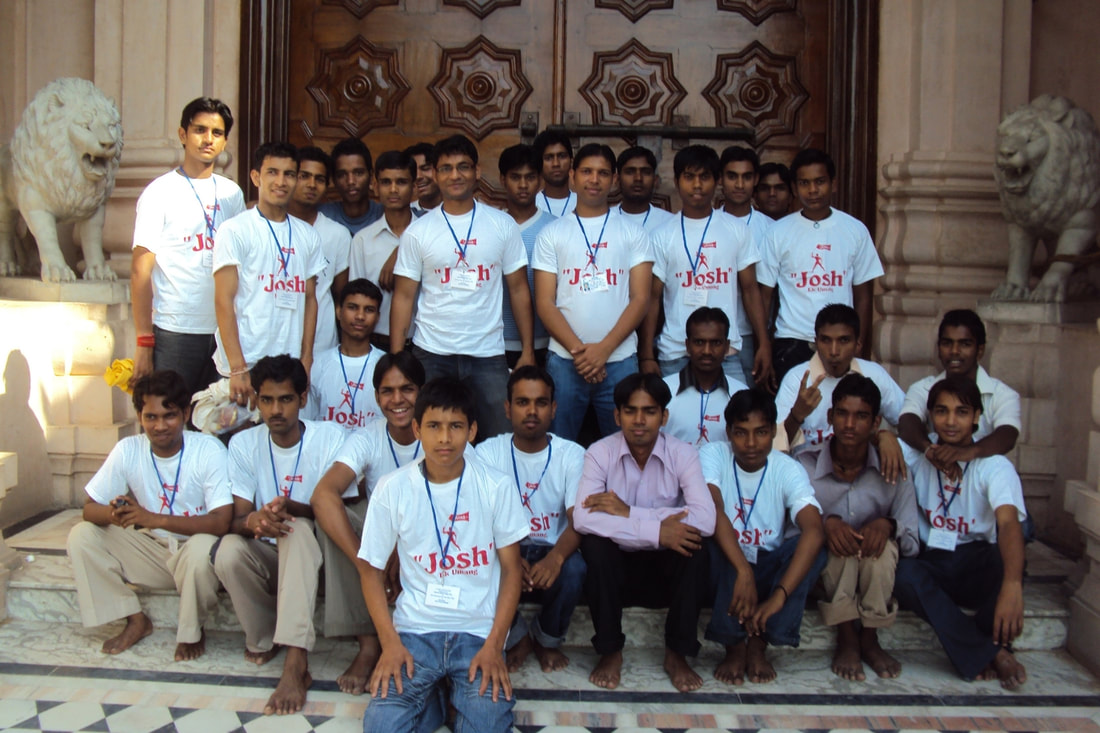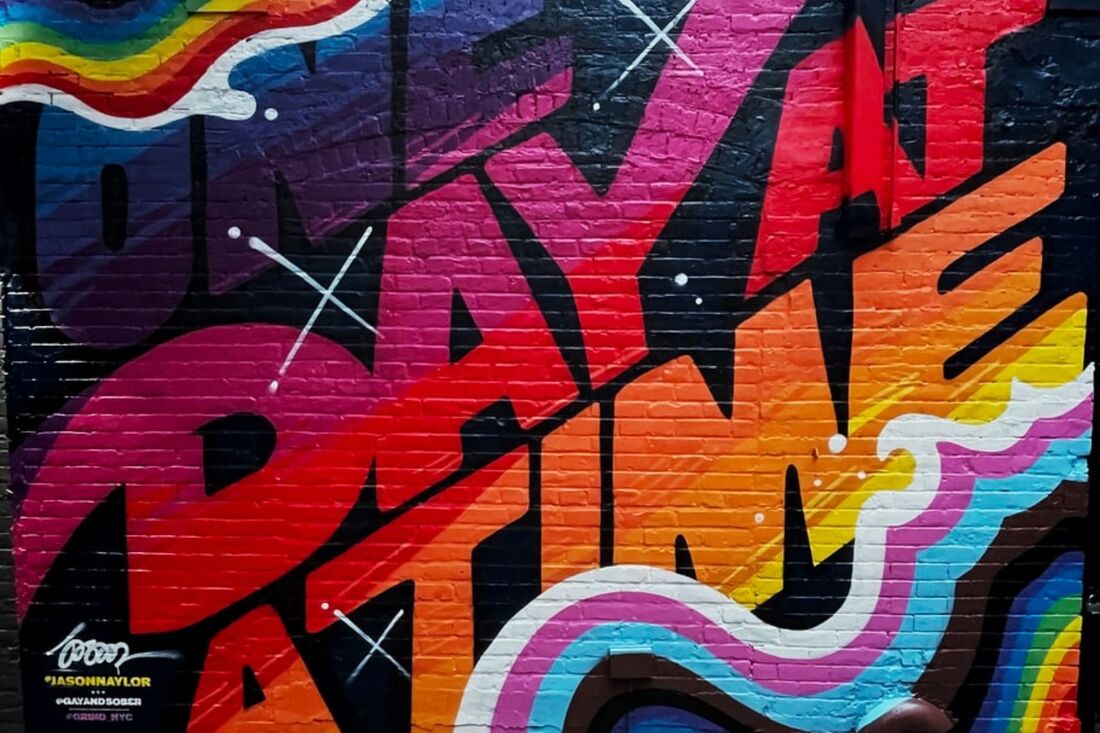Drug abuse not only causes emotional and financial suffering for addicts and their families but is a costly public health problem ...
... one that the National Institute on Drug Abuse estimates at more than $484 billion a year. With relapse rates higher than 40 percent, addiction specialists as well as those in recovery are turning to adjunct therapies such as yoga as a way to supplement traditional 12-step programs.
Ladli Foundation has started an initiative, JOSH. This programme is initiated for adults to help them in leaving drug habits or any crime.
The project runs on the M.D.I. formula of psychological counselling, i.e. Motivate, Divert and Involve individuals in psychologically, physically and socially productive activities.
The first step towards recovery is acknowledging that substance use has become a problem in the person’s life which is disrupting the quality of their life. This can result from impairment in school, work, social, recreational or other important areas of function.
Once an individual recognizes the negative impact of a substance on their life, a wide range of treatment options is available.
A person with an addictive disorder requires access to treatment. For most people, treatment may last for the rest of their life. They will need to abstain from the substance on a life-long basis, which can be difficult. Treatment plans for addictive disorders will often change to meet the needs of the patient.
Ladli Foundation has started an initiative, JOSH. This programme is initiated for adults to help them in leaving drug habits or any crime.
The project runs on the M.D.I. formula of psychological counselling, i.e. Motivate, Divert and Involve individuals in psychologically, physically and socially productive activities.
The first step towards recovery is acknowledging that substance use has become a problem in the person’s life which is disrupting the quality of their life. This can result from impairment in school, work, social, recreational or other important areas of function.
Once an individual recognizes the negative impact of a substance on their life, a wide range of treatment options is available.
A person with an addictive disorder requires access to treatment. For most people, treatment may last for the rest of their life. They will need to abstain from the substance on a life-long basis, which can be difficult. Treatment plans for addictive disorders will often change to meet the needs of the patient.
Counseling is a mainstay of substance use disorder treatment for many people. Cognitive behavioral therapy, family counseling, and other types of therapy can help you stay clean. Psychotherapy can also treat other mental health conditions that often play a role in substance abuse.
A substance use disorder is more than a physical dependence on drugs or alcohol. Even after detox, when your body is no longer dependent, you’re at high risk for relapse. Certain psychological and social factors can be powerful triggers that lead to relapse:
A substance use disorder is more than a physical dependence on drugs or alcohol. Even after detox, when your body is no longer dependent, you’re at high risk for relapse. Certain psychological and social factors can be powerful triggers that lead to relapse:
- Stress, especially sudden life stresses
- Cues in the environment, like visiting a neighborhood
- Social networks, like spending time with friends who continue to use
These things can create a strong ongoing urge to use again. Counseling helps you escape cravings and learn to manage what life throws at you without drugs or alcohol.
Several counseling therapies treat substance use disorders. No one method is known to be better than another. Likewise, no one approach works for everyone with opiate addiction. The right treatment plan will be tailored to your addiction and individual needs.
Multiple studies have suggested that mindful activities, like yoga, helps people overcome substance addiction when coupled with traditional treatment.
Yoga has also been recommended to help individuals with heroin addiction. Other studies have indicated that male heroin users who had undergone drug detox found that practicing yoga had significantly improved their mood and overall quality of life afterward. Through research, it had been concluded that yoga does fit alongside heroin addiction treatment.
“I can’t stay sober, but we can,” is often said in 12-Step programs. Individuals don’t need to attempt sobriety alone. Finding extra support during the recovery process is essential. Although recovery from addiction is a personal journey, connecting with a sober community during recovery provides invaluable resources. A sober community nurtures each recovering addict with the necessary support to find sobriety and making it last, while offering opportunities to build companionships and long-lasting friendships. Having a community and actively participating in it allows the resident to rebuild their life without drugs, and add new meaning to it.
Several counseling therapies treat substance use disorders. No one method is known to be better than another. Likewise, no one approach works for everyone with opiate addiction. The right treatment plan will be tailored to your addiction and individual needs.
Multiple studies have suggested that mindful activities, like yoga, helps people overcome substance addiction when coupled with traditional treatment.
Yoga has also been recommended to help individuals with heroin addiction. Other studies have indicated that male heroin users who had undergone drug detox found that practicing yoga had significantly improved their mood and overall quality of life afterward. Through research, it had been concluded that yoga does fit alongside heroin addiction treatment.
“I can’t stay sober, but we can,” is often said in 12-Step programs. Individuals don’t need to attempt sobriety alone. Finding extra support during the recovery process is essential. Although recovery from addiction is a personal journey, connecting with a sober community during recovery provides invaluable resources. A sober community nurtures each recovering addict with the necessary support to find sobriety and making it last, while offering opportunities to build companionships and long-lasting friendships. Having a community and actively participating in it allows the resident to rebuild their life without drugs, and add new meaning to it.




